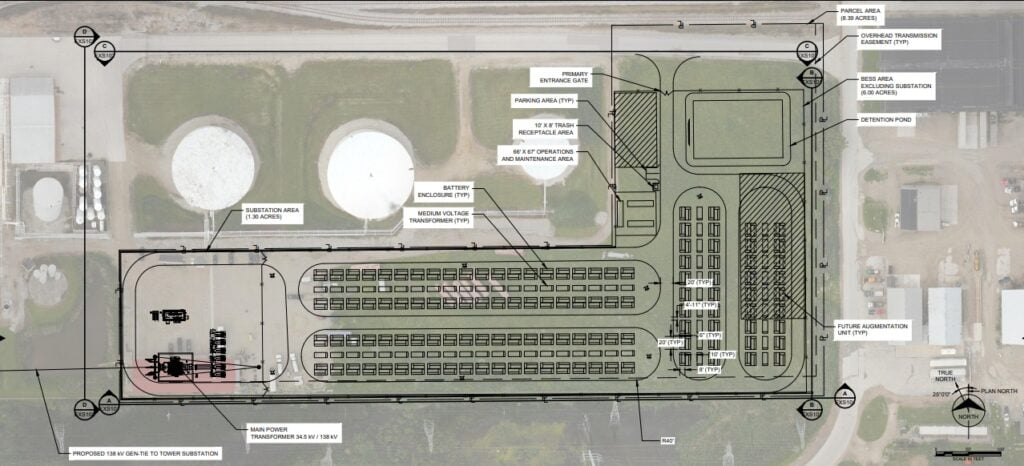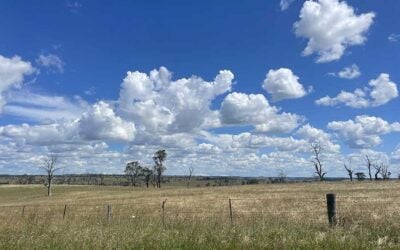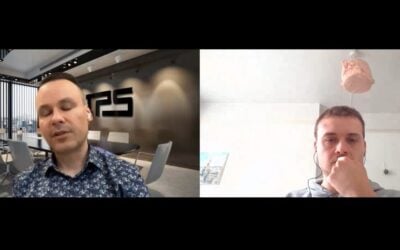
Correction 11 November 2024: A representative of Tenasaka and CIP reached out to Energy-Storage.news after publication and noted that while Green Bay Plan Commission members Ken Rovinsky and Jacob Miller moved and seconded, respectively, to recommend approval for the Conditional Use Permit, conditional on compliance with municipal code regulations, the permit has not yet been approved. The companies hope the approval will be granted this week, the spokesperson said.
The City of Green Bay in Wisconsin, US, has granted a Conditional Use Permit for a large-scale battery storage project proposed by a subsidiary of Copenhagen Infrastructure Partners (CIP).
Enjoy 12 months of exclusive analysis
- Regular insight and analysis of the industry’s biggest developments
- In-depth interviews with the industry’s leading figures
- Annual digital subscription to the PV Tech Power journal
- Discounts on Solar Media’s portfolio of events, in-person and virtual
At a meeting of the city council’s Plan Commission on Monday (4 November), a resolution was approved for the 200MW/800MWh project to be built on an 8-acre portion of land within a 20-acre General Industrial (GI) zoning district.
The land at Green Bay’s 2020 North Quincy Street is owned by US Venture Inc., a distributor of products including fossil fuel and renewable energy generation equipment, tyres, and lubricants.
The project will be owned by Tern Energy Storage, a wholly owned subsidiary of sustainable infrastructure institutional investor CIP and developed by Tenaska, a Nebraska-headquartered independent power producer (IPP) and developer with which CIP has also partnered to develop greenfield green hydrogen projects in the US.
Tern Energy Storage’s application documents said the BESS will support grid stability and reliability, reducing the likelihood of blackouts or brownouts while enabling Green Bay to integrate renewable energy sources into its energy mix more effectively.
CIP hopes to begin construction in late 2025
In 2021, the Wisconsin city’s council set a target for Green Bay to achieve carbon neutrality and 100% clean energy by 2050, including an interim goal of transitioning 65% of electricity to carbon-free sources by 2030.
The project at North Quincy Street will connect to the transmission network via an existing American Transmission Company (ATC) substation, with a gen-tie line to be constructed.
A tentative project timeline said Tern hopes to pick technology providers in Q3 2025, for construction to start in Q4 next year, with the start of commercial operations between late 2026 and early 2027.
Tern did say it was ‘committed to using “Tier 1” battery energy storage products’ in a section on project safety, that it will be designed in accordance with NFPA 855 standards and that an Emergency Response Plan (ERP) specific to the project will be created with input from local first responders.
Project owner Copenhagen Infrastructure Partners is becoming known as a prolific investor in battery storage projects worldwide. In the US, that includes the recent acquisition of a 1GWh standalone project in Arizona from developer Strata Clean Energy.
Including the Tern Energy Storage project in Green Bay, Denmark-headquartered CIP is developing 550MW of projects in Wisconsin in partnership with Tenaska.
Elsewhere, CIP just began construction on a 220MW/1,100MWh BESS in Chile, while a consortium it formed with France’s EDF achieved financial close on a 77MW/308MWh project in South Africa last month. CIP is also a significant player in the UK market and is increasing its presence in mainland Europe and Australia.






